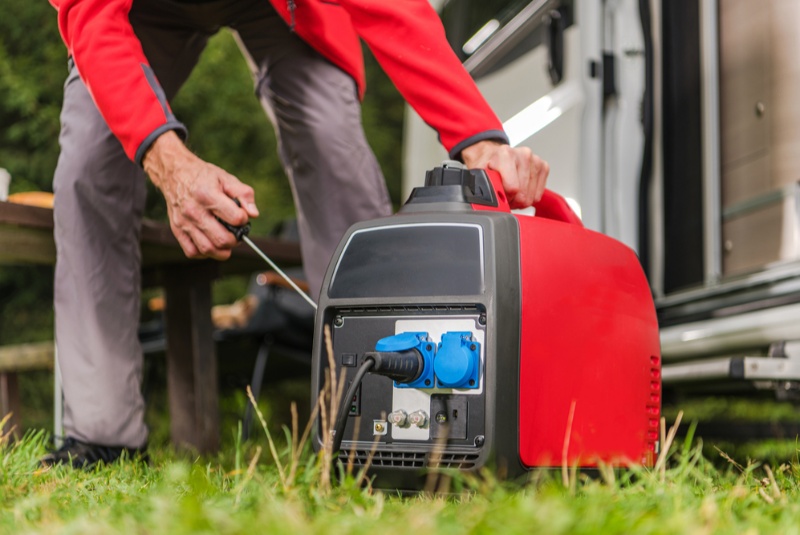In a world increasingly reliant on electronic appliances and gadgets, having a dependable power source has become a non-negotiable necessity. A reliable generator ensures that in the face of storms, power outages, or other emergencies, your home or business will maintain essential functions. However, buying a generator isn't a straightforward task; it requires a well-thought-out plan to choose a unit that meets your needs perfectly. Below, we delve into expert tips to help you make a smart decision when buying a reliable generator.
1. Assess Your Power Needs
First, list down all the essential appliances and systems you intend to power during an outage. Consider crucial systems such as heating, cooling, refrigeration, and lighting. Next, calculate the total wattage requirement to keep these systems running; this would give you an estimate of the generator size you need. Generally, generators are categorized into:
- Portable generators: Suitable for powering a limited number of appliances.
- Inverter generators: Offer fuel efficiency and quieter operation, ideal for sensitive electronic devices.
- Standby generators: Automatically restore power within seconds of a power outage, suitable for large homes and businesses.
2. Choose the Right Fuel Type
Generators are powered using various fuels such as gasoline, diesel, propane, or natural gas. Your choice will depend on the availability of the fuel type in your region and your preferences regarding efficiency and environmental friendliness. Diesel generators are known for their longevity and efficiency, while propane generators offer a cleaner burn with less emissions.
3. Prioritize Safety Features
Safety should be a priority when choosing a generator. Opt for units that come with safety features such as automatic shutdown on low oil levels, proper ventilation systems, and circuit protection to prevent overheating and fires.
4. Noise Level
Generators can be loud, and continuous noise can be a nuisance. Consider the noise level rating of the generator and possibly choose an inverter generator which operates quietly compared to standard generators.
5. Warranty and After-sales Service
Ensure the generator comes with a robust warranty and a reliable service network for maintenance and repairs. A good warranty signifies the manufacturer's confidence in the product's quality.
6. Easy Start Features
Consider generators with easy-start features, including electric start options, to eliminate the hassle of pull-start mechanisms. An easy start is a convenient feature, especially in emergency situations.

7. Portability
If you opt for a portable generator, ensure it has easy mobility features like wheels and handles for easy transportation and positioning.
8. Budget and Financing Options
Generators can be a considerable investment. Be prepared with a budget that not only covers the cost of the generator but also installation costs and any necessary accessories like transfer switches and covers.
9. Research Reviews and Ratings
Before settling on a generator, research and read reviews from other users. Look for generators with high ratings and positive reviews to get a glimpse of the reliability and efficiency of the unit.
10. Hire a Professional Installer
Lastly, to ensure safe and proper installation, hire a professional installer who understands the local codes and regulations concerning generator installation.
Buying a reliable generator is an essential step in ensuring uninterrupted power supply in emergencies. By considering factors such as your power needs, the generator’s fuel type, safety features, noise level, and warranty, you can make an informed decision. Moreover, prioritize units with easy-start features and mobility for convenience. Setting a reasonable budget and researching reviews and ratings further aid in making a smart choice. Lastly, remember to engage a professional installer to ensure safe and efficient setup. By following these tips, you can invest in a generator that will serve you reliably for years to come.


